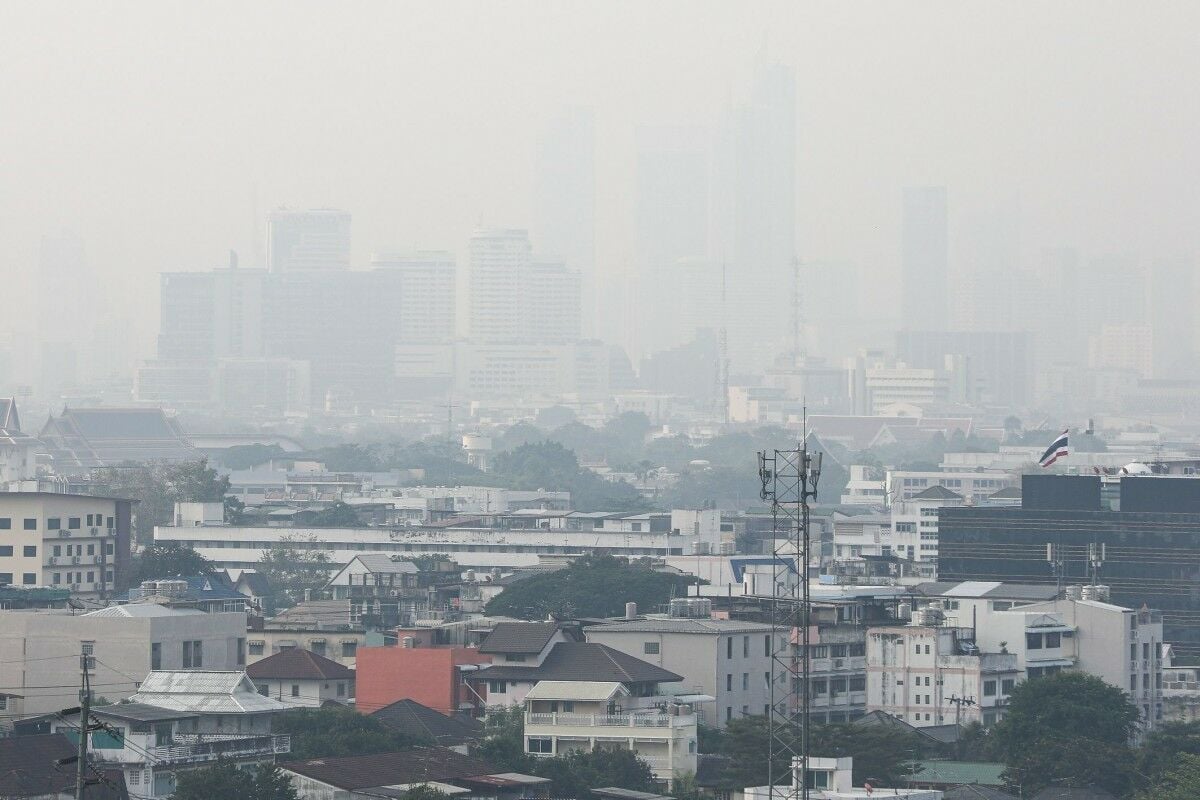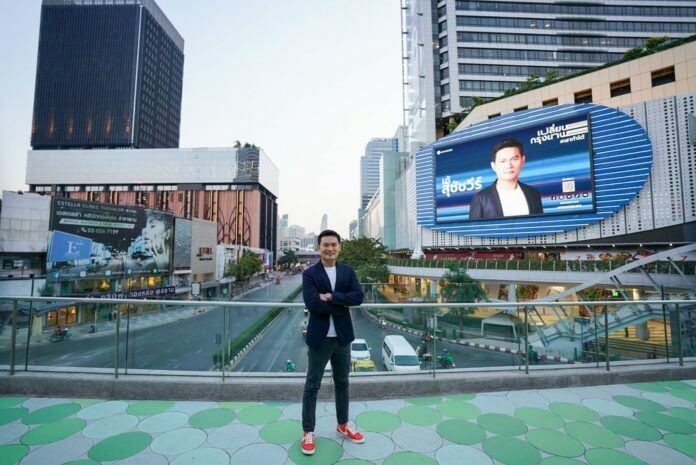Bangkok PM2.5 lands Democrat leader’s father in hospital

Suchatvee Suwansawat, deputy leader of the Democrat Party, shared a personal account of the impact of PM2.5 air pollution on his family, highlighting the severity of the issue.
Suchatvee revealed that his father had to be rushed to the emergency room due to severe coughing and chest pain. Medical professionals diagnosed it as an allergic reaction to the polluted air, resulting in respiratory complications.
Given his age, Suchatvee’s father was advised by doctors to engage in daily morning exercises. Despite following this advice, he ended up in the intensive care unit after inhaling hazardous pollutants. The Civil Engineering professor emphasised that many might not fully grasp the harm caused by PM2.5 pollution until they experience it themselves, describing it as a closer threat than people might assume.
In a subsequent update, Suchatvee expressed gratitude to everyone for their concern and elaborated on his father’s condition. The PM2.5 pollution led to bronchial inflammation, causing difficulty in breathing, severe coughing, and insomnia.
The struggle to breathe properly resulted in carbon dioxide accumulation in his father’s lungs, leading to lethargy and loss of appetite. The family also faced challenges from air pollution, as his children exhibited allergic symptoms.
The politician lamented the daily exposure of Bangkok residents and Thais to this pervasive pollution, likening it to a slow but steady health threat. He noted the continuous presence of smoke-emitting buses and trucks on the streets, reflecting on the grim reality of air pollution in the city, reported KhaoSod.

As of late 2024, Bangkok has frequently ranked among the world’s most polluted cities. In October last year, the city experienced severe PM2.5 pollution levels, with the Pollution Control Department warning residents about thick smog resulting from farmland burning and stagnant air masses over the capital and surrounding provinces, reported Bangkok Post.
The Centre for Air Pollution Mitigation issued a warning about increasing PM2.5 pollution levels in Bangkok and its vicinity from January 6 to 10. This rise is due to cold air masses from northeastern Thailand, causing stagnant air that traps pollutants.
Latest Thailand News
Follow The Thaiger on Google News:


























